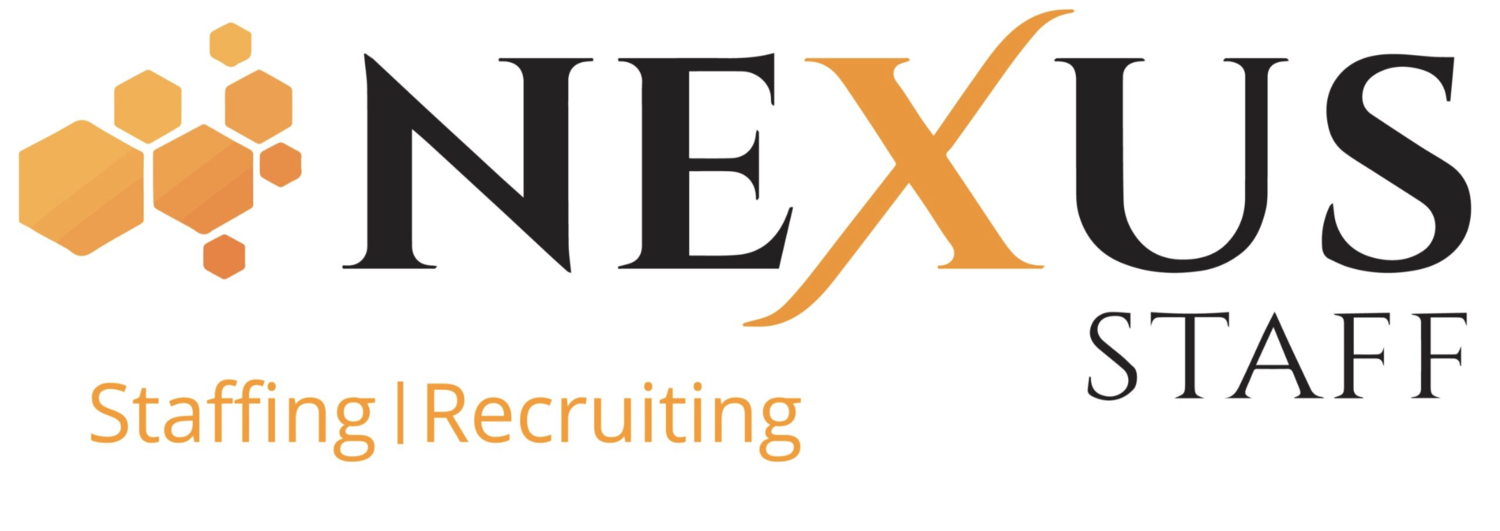How To Explain An Employment Gap On Your Resume
Employment gaps are more common than many job-seekers may realize. In fact, three out of five Americans have reported being unemployed or having an employment gap on their resume at one time throughout their career. If you’re part of that 59%, you may be wondering what is the correct way to go about discussing your employment gap — especially if it is brought up during an interview.
The first step is to remember that an employment gap should not hold you back. If you’re being invited for an interview, this is definitely a good sign that the employer sees you as a potential fit for the role and wants to learn more about you. Next, being open and honest during all steps of the hiring process can show not only how much you value your career, but who you are as a person as well -- what your core beliefs are, what your work ethic looks like, your reasons for resilience, and more. For even more helpful tips on discussing your employment gap, consider the following steps:
Explain yourself before the interview
Your resume and cover letter are your first chance to make a good impression on an employer and explain how you stand out from the competition and why you should be considered for an interview. Specifically, cover letters can serve as an opportunity for employers to learn more about you as a candidate that they might not find on your resume. When it comes to discussing an employment gap in a cover letter, candidates who offer an explanation for the gap receive about 60% more interviews than those who do not. You do not need to include a full detailed explanation, but a few sentences acknowledging the gap and how it prepared you for your next role will suffice. If an employer wants more information, they will have the opportunity to ask in your interview.
Be honest and confident
Now that you’ve landed an interview, remember that when it comes to answering any questions -- honesty is the best policy. Be honest about your employment gap and the amount of time you were away from work. This not only can give you an opportunity to explain how you plan on using your employment gap to your advantage, but it also shows that you value integrity.
Dishonesty during your interview can come across as a lack of confidence if you find yourself panicking or overcompensating in your answers. When you’re telling the truth, you’re speaking from experience and are able to confidently deliver your answers. Again, you’ve made it to an interview which means despite the employment gap, the company believes in you and wants to know more about why you are the perfect candidate. Plus, being dishonest in an interview could potentially jeopardize your new role before even beginning -- especially if your references tell a different story or you're caught in a lie.
Discuss what you did during the gap
A main reason an employer will inquire about an employment gap on your resume is because they want to know what you were doing during this time. Did you use the time to further your education with a new degree or career certifications? Did you teach yourself new skills through volunteer work or traveling? Explaining what you did during the gap can show your dedication to your career and how you turned a potentially not-so-ideal situation into an opportunity for growth.
In the event that an interviewer asks what you did during your gap and you didn’t have much time for professional development -- that’s okay, too. If you took time off of work to care for a sick family member, begin a family, or even take care of your own mental health, “time off” doesn’t necessarily mean you were not working. Discuss how the time you spent away from your career allowed you to take a step back and appreciate your work from a new perspective or how it allowed you to value your time in the office. Explain that you’re ready to jump back into the workforce and are excited for a fresh start.
Know when to redirect the conversation
Never avoid a question or tip-toe around an answer, but after confidently explaining the reason for your employment gap and what you did during this time, know when to move on. Redirect the conversation into who you are now and the changes you have made in your professional and personal life since your last position. Let the interviewer know that despite your employment gap, you are ready to get back to your career and are looking forward to using your newly learned skills in their open role. This will show the interviewer you do not dwell on the past but acknowledge that it has made you who you are today.
Reentering the workforce after some time away can be intimidating. Whatever the reason for an employment gap on your resume, our experienced recruiters are here to listen and help you find your next role. Get in touch today for a personalized recruitment experience so you can be sure to reenter with confidence.







